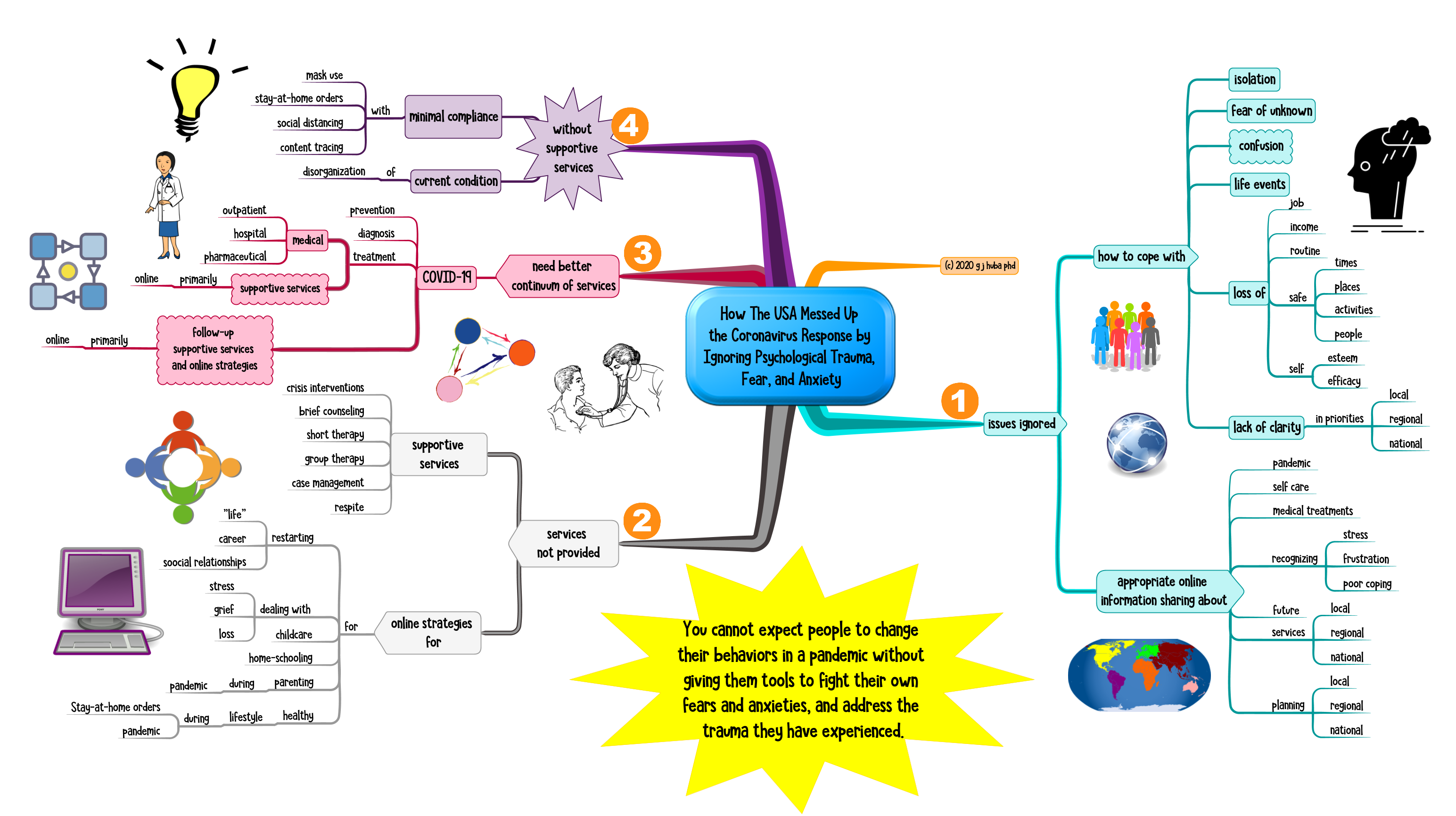The past two months have been a time of great anxiety for everyone. At this writing, 170,000 have died from COVID, 25% of the American workforce is unemployed, and the USA is polarized beyond anything I ever saw at any time in the 69 years of my life.
On top of the great challenges of the past months, I deal with dementia and am alternately fairly calm (in no small part due to great medical care and appropriate medications) and anxious and confused and memory-challenged.
Over the past 10 years as I dealt with early-onset dementia I have used the idea of comfort activities to help me get through times of great turmoil and confusion.
A comfort activity for me is one that is predictable, one I know will be pleasant, and one I have probably done many times before. So I watch the Hunt for Red October for the 51st time or rewatch all the episodes of the 2000s version of Battlestar Galactica which I have seen at least a dozen times. Recently I have rewatched the four seasons of the Expanse almost a dozen times. been revisiting all the albums of the Rolling Stones and the Allman Brothers, and reading lots of books I have read several times since I initially enjoyed it years ago.
With dementia, I sometimes have to watch a movie a few times (or more) to understand it. And every repetition thereafter I find things I didn’t understand the previous times or forgot. But I always remember that the activity is one I like, one that is calming, and one that will not confuse me.
If you have early stages of dementia or are a caregiver for someone with dementia, try to identify comfort activities and try to do some several times a day. And, if you do not have dementia, I bet this same strategy can help you deal with trying times of confusion and anxiety.
The following mind map explains my view of comfort activities. Click on the image to expand it.


